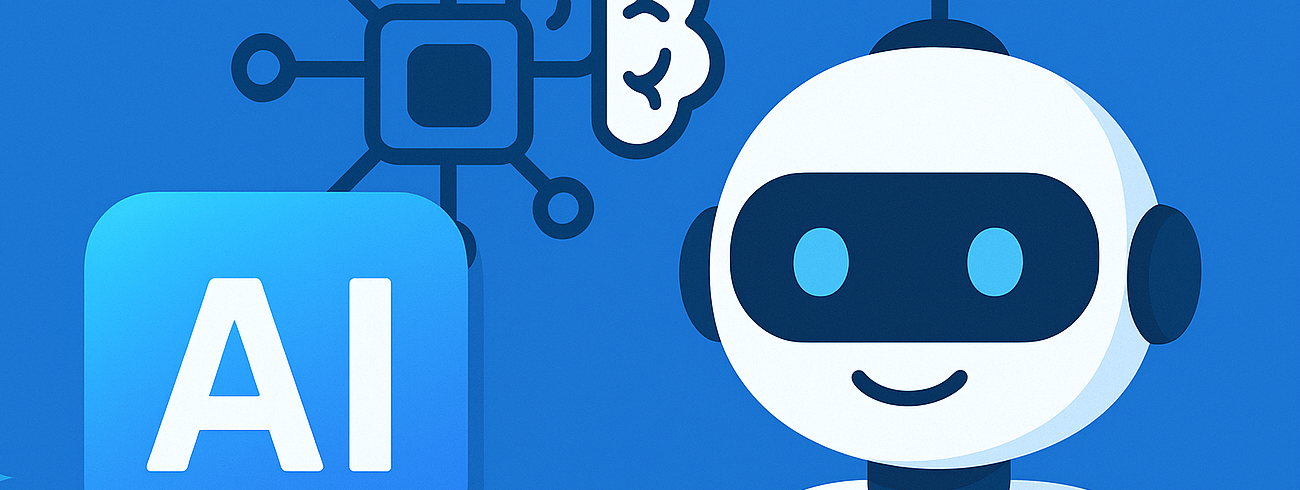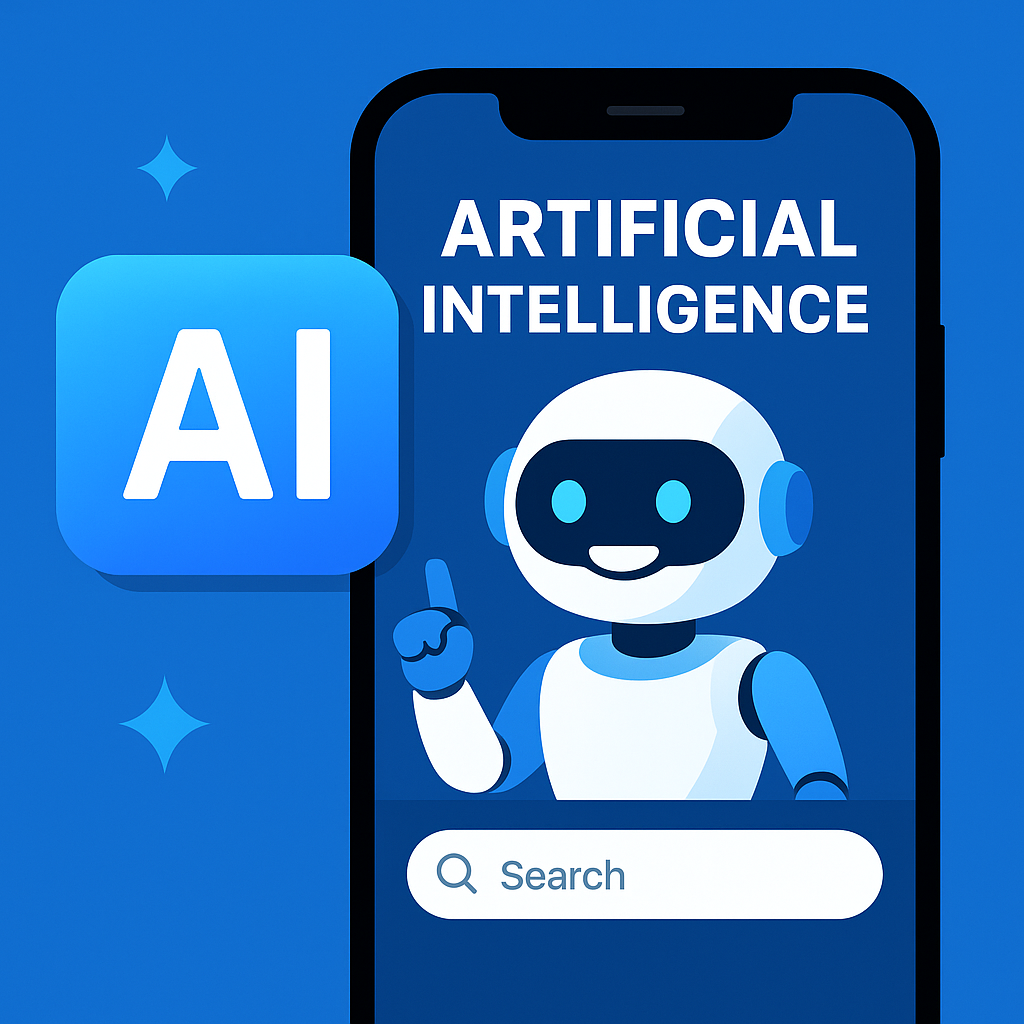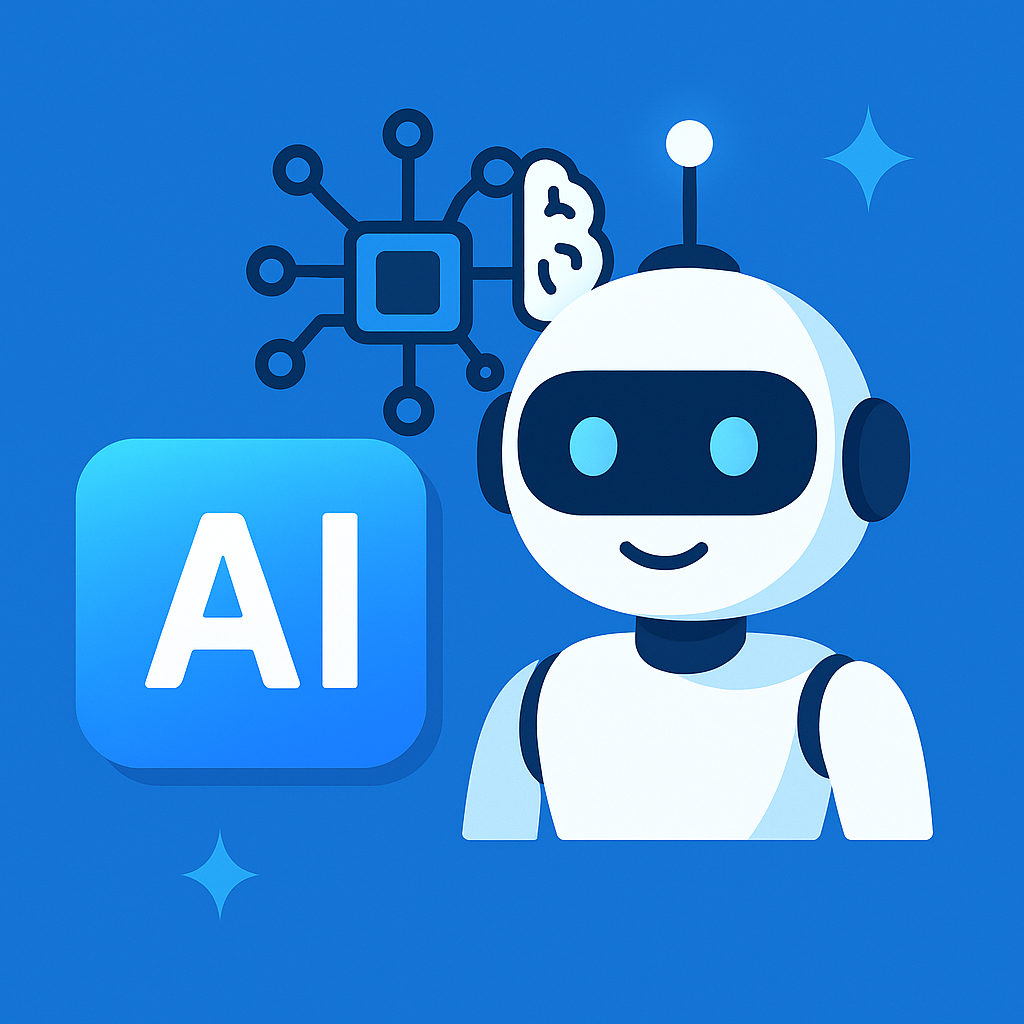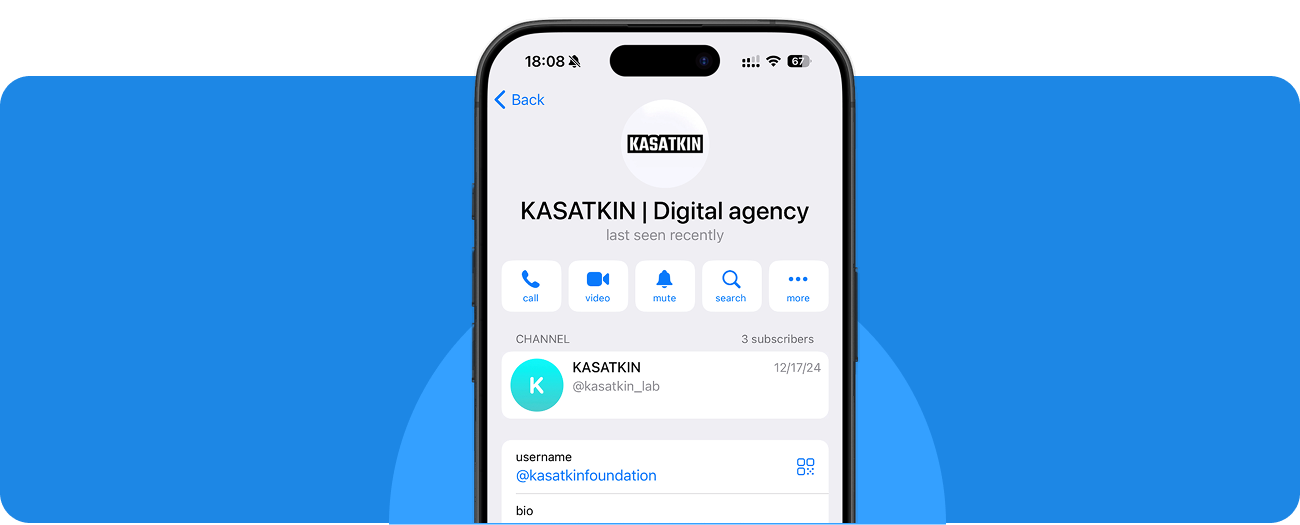KASATKIN
Integration
AI in business










AI integration in business
AI integration into business
AI integration is the implementation of artificial intelligence—based solutions that optimize workflows, reduce transaction costs, and increase business manageability. We develop and connect intelligent modules that are seamlessly integrated into the current IT environment of the company and begin to bring results in the shortest possible time. Among the areas are AI—based chatbots, intelligent image processing, workflow automation, antifraud analytics, generative models (GPT-like), machine learning algorithms and neural network solutions. All modules are selected individually, taking into account the tasks and specifics of the business, and are trained on your data for maximum accuracy. The integration of artificial intelligence into business processes is carried out on a turnkey basis: from analysis of current processes and architecture development to full implementation, testing and support. The solutions scale easily and do not require changes from the customer. This approach ensures stable operation and predictable implementation effects. The integration of AI into a business is an application tool that takes over routine, speeds up decision—making, and eliminates the human factor in typical operations. We do not offer technology for the sake of technology, but a ready-made functional product integrated into your management system. It is possible to order the integration of artificial intelligence both as part of a separate process and in the format of an integrated project. We will propose a solution for the tasks, prepare the architecture and implement a ready-made tool that will work for your result.
Nikolay Kasatkin


Platforms and technologies
- Javascript
- Typescript
- Python
- React
- Nest.js
- Java
- Mongodb
- Mariadb
- Next.js
- Vue
Team
Project-manager
Responsible for organizing the team's work. Manages project changes, checks the fulfillment of requirements, and ensures their alignment with project goals at each stage. Analyzes deviations and errors, implements corrective measures. Communicates with the client on technical and project matters.
Tech lead
Senior specialist, resolves business-level technical issues, determines the technology stack, participates in architecture development, and conducts code reviews for key tasks.
Team lead
Responsible for the team of developers and technical management. Defines the development strategy, assigns tasks to team members, checks their completion and deadlines, and conducts code reviews.
QA-lead
Leads a team of QA specialists, develops testing plans, assigns and oversees testing tasks. Defines project quality metrics and criteria, selects testing approaches and tools. Sets testing deadlines, conducts risk analysis, and is responsible for the overall quality of the product.
Cooperation
Tell us about your project and we will advise you on development.










Artificial intelligence-based solutions: a new round of development for your business
In today's market, where competition is constantly growing and efficiency requirements are getting higher, artificial intelligence (AI) is no longer just a fashion trend and is becoming a necessary tool for growth and optimization. Imagine: routine tasks are completed automatically, customers receive instant and personalized responses, and you make decisions based on deep data analysis. This is not a fantasy, but a reality that we are ready to create for your business.
What is the development of AI solutions?
The development of AI solutions is the process of creating software and systems that can simulate human intelligence. This includes machine learning, natural language processing, computer vision, and many other technologies aimed at automating, optimizing, and improving the efficiency of business processes. We create intelligent systems that learn from data, adapt to changing conditions, and help achieve your strategic goals.
How do AI solutions work?
AI solutions are based on training models on large amounts of data. This allows them to identify patterns, make predictions, and perform tasks that have traditionally required human involvement.

Depending on the specifics of the task, it can be:
- Machine Learning): Algorithms that learn from data without explicit programming.
- Deep Learning: Neural networks that mimic the work of the human brain for more complex analysis.
- Natural Language Processing (NLP): Allows machines to understand and generate human speech.
- Computer Vision: Gives AI the ability to 'see' and interpret images and videos.
Advantages of implementing AI for your business
- Process optimization: AI automation allows you to get rid of routine tasks, reduce time to perform operations and minimize human errors.
- Increased efficiency: AI can analyze huge amounts of data and identify insights inaccessible to humans, which leads to more reasonable and profitable solutions.
- Improving customer service: AI chatbots and AI agents provide round-the-clock support, personalized recommendations and quick solutions to typical queries.
- Cost reduction: Automation and optimization of processes due to AI significantly reduce operating costs.
- Competitive advantage: Companies that successfully implement AI gain a significant advantage over their competitors by offering more innovative products and services.
- Scalability: AI systems are easy to scale, allowing you to grow without proportionally increasing staff.
- Personalization: AI allows you to create a truly personalized experience for each customer, which increases their loyalty.

Examples of using AI solutions for business
The possibilities of AI are almost limitless. We offer the development of AI solutions for small businesses and for large enterprises, covering a wide range of tasks:
- AI chatbots for customer support: Instant answers to frequently asked questions, data collection, lead qualification, ordering an AI chatbot means providing round-the-clock service.
- AI agents for sales and marketing: Automation of newsletters, personalization of offers analyzing customer behavior, ordering an AI agent is to strengthen your sales team.
- AI automation systems for business processes: From accounting and finance to HR and logistics, AI automation is a step towards a paperless and error-free future.
- Forecasting and analytics: AI can predict demand, analyze market trends, and identify anomalies.
- Recommendation systems: Personalized recommendations of products and services for each customer.
- Quality control and monitoring: Using computer vision to automatically control products.
- AI-Consulting: Expert assistance in defining an AI implementation strategy and choosing optimal solutions, and ordering AI consulting means getting a roadmap for development.
How does AI solutions develop?
- Analysis and consulting: We start with a deep dive into your business, identify pain points and potential to implement AI. At this stage, AI consulting takes place, where we jointly define goals, requirements, and key success metrics.
- Data collection and preparation: AI works with data. We help with their collection, cleaning, and structuring for model training.
- Architecture and technology selection: Based on the analysis, we select the optimal machine learning algorithms, frameworks and technologies that are best suited for your task.
- Model development and training: Creation and training of an AI model based on the prepared data. This stage may include the development of an AI chatbot or other intelligent agent.
- Integration and testing: Integration of the developed solution into your existing infrastructure and thorough testing to ensure stable and correct operation.
- Implementation and support: Assistance in the full implementation of AI in your business processes and further technical support, monitoring and optimization.

Why should you order the development of AI solutions from us?
- In-depth expertise: We have extensive experience in AI development and understand all the nuances of this a complex but promising field.
- Individual approach: We do not offer template solutions. Each solution is tailored to your unique needs and business goals. If you want to order a chatbot or order the development of a chatbot, we will create a solution that is perfect for you.
- Transparency: We maintain open communication at all stages of the project, providing regular reports and complete information on the progress of work.
- Result orientation: Our main goal is to create an effective tool that will bring real benefits to your business: increase profits, improve customer experience, reduce costs.
- Full service cycle: From idea to launch and support — we offer a full range of AI development services.
- Optimal cost: We understand that the cost of AI development and the implementation of AI cost are important factors. We offer competitive prices and clearly explain how much it costs to develop a chatbot or other AI solutions so that you always understand what you are paying for.
To get an accurate calculation of the cost of AI development or the implementation of AI cost for your project, contact us. We will conduct a free consultation, evaluate your needs and provide you with a detailed commercial offer.
Don't miss the opportunity to transform your business using intelligent technologies!
Developing AI solutions for small businesses or for large companies is an investment in the future that will pay off many times over. Contact us today to discuss your project and find out how we can help you realize your potential in the world of artificial intelligence.